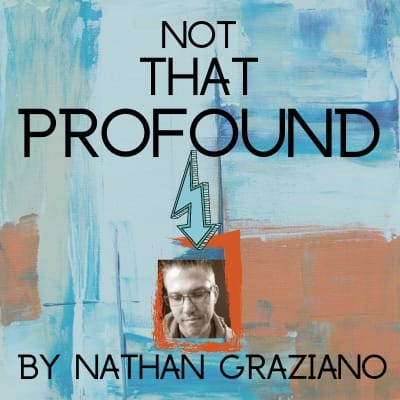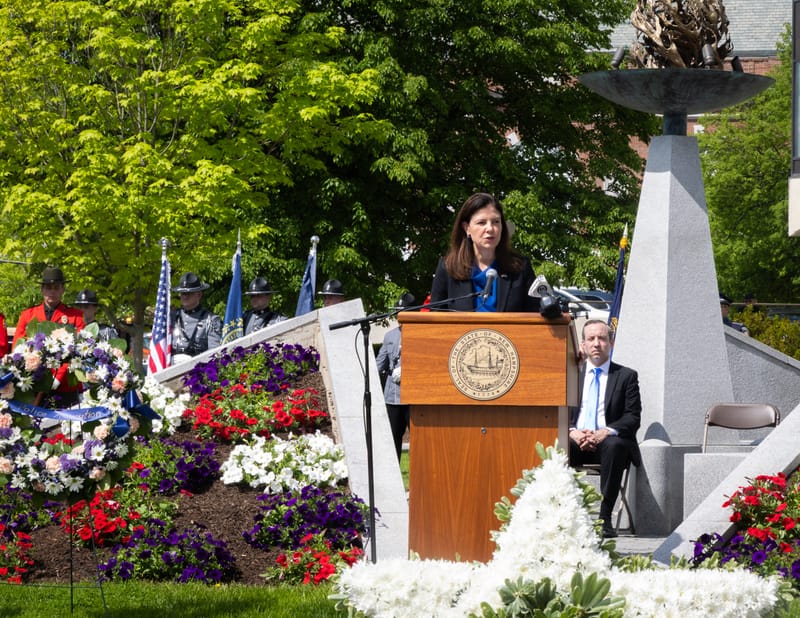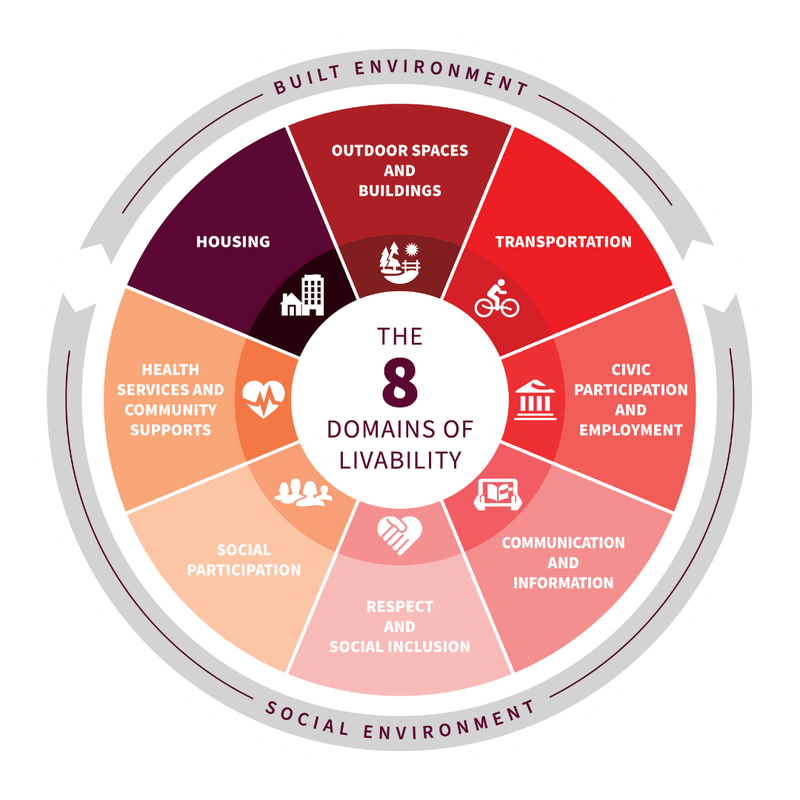A gentleman of leisure and letters
What I truly admired about these Romantic poets, however, was the fact that it didn’t seem like any of these dudes had to work real jobs. While Keats did train to be a surgeon, he died before he could practice medicine, and guys like Lord Byron didn’t have to put aside “Don Juan” to scrub dishes.



“What is this life if, full of care/We have no time to stand and stare?”

As an undergraduate at Plymouth State in the mid-90s, I took a literature course on the British Romantic Movement where we read a hefty dose of the Romantic poets—Wordsworth, Coleridge, Byron, Keats and Shelley1.
I remember admiring these writers, not so much for their transcendental musings on skylarks and Grecian urns and nightingales. Those poems were all right, but I had started reading The Beats and Bukowski by that point, and my penchant, at that time, was for poetry with a little more grit.
What I truly admired about these Romantic poets, however, was the fact that it didn’t seem like any of these dudes had to work real jobs. While Keats did train to be a surgeon, he died before he could practice medicine, and guys like Lord Byron didn’t have to put aside “Don Juan” to scrub dishes2.
They were true gentlemen of leisure and letters, which planted the lifelong seed for a personal aspiration.
This week was winter break, meaning I didn’t have to wake up at 6 a.m. and slog to school half-asleep, then work for eight hours before either driving to campus to teach again at SNHU, or coming home to melt into the couch and watch a couple of hours of “SVU” episodes before conking out.
During these vacation weeks—as well as the summer break when I’m fortunate to work solely on writing and make my own schedule—I revisit my dream of becoming a gentleman of leisure and letters.
First, let me make this clear: I am not averse to working. In fact, I enjoy teaching and I enjoy working on writing projects, although the latter is a prerequisite for becoming a gentleman of “letters.” I simply cannot stand the frenetic, whiplash pace of American working life where everything hinges on tight schedules, moving from one activity to the next without ever catching your breath.
And why must we wake up at ungodly hours of the morning to be anywhere before 10 a.m.? Sure, some people are naturally early risers and prefer to start working at sunrise, and that should also be an option for those people, but not a mandate for everyone.
Why can’t we leisurely finish our work without the stress of schedules? I understand that many people need deadlines and they feed off the stress to stay motivated, but I am not one of those people.
I was clearly born too late.
I was born with the constitution to be a gentleman of leisure and letters. I would’ve fit right in sipping absinthe with Lord Byron and Percy Shelley then leisurely walking home to work on an epic poem.
Now, I fear, it is too late in my life to manifest my dream, and with the GOP’s proposed cuts to Social Security and Medicare, unless you’re a member of the oligarchy, you will likely never see retirement.
Speaking of relaxing and slowing things down, the Welsh poet William Henry (W.H.) Davies wrote a poem titled “Leisure” in 1911 that particularly resonates with me, who remains a gentleman of leisure and letters at heart.
Henry begins the poem by asking: “What is this life if, full of care/We have no time to stand and stare?”
My answer: It’s no life at all, Billy.
- Both Shelleys, actually. We read “Frankenstein” in that course as well. ↩︎
- Wordsworth did seem to find full-time work acting weird with his sister. ↩︎





